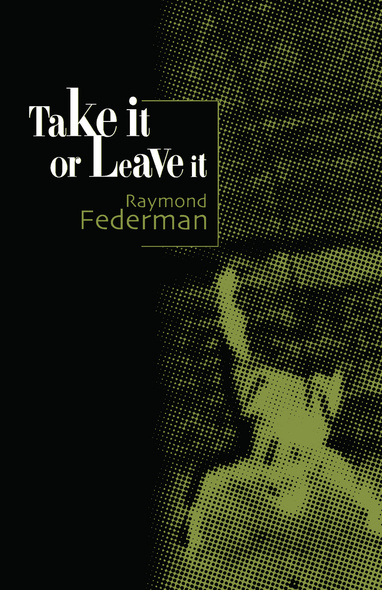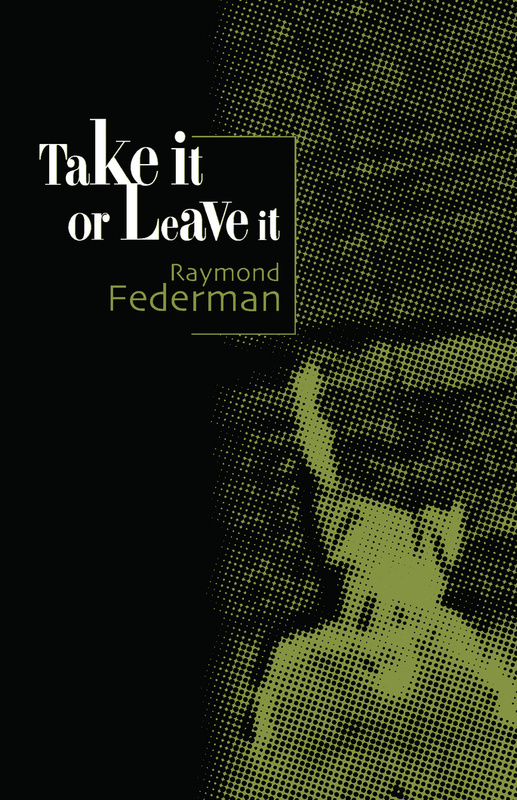Our shopping cart is currently down. To place an order, please contact our distributor, UTP Distribution, directly at utpbooks@utpress.utoronto.ca.
As told, or rather retold second-hand, by the narrator, Take It or Leave It relates the hilarious and amorous adventures of a young Frenchman who has been drafted into the U.S. Army and is being shipped Overseas to fight in Korea. The obsessed narrator retells, as best as he can, what the young man supposedly told him as they sat under a tree. He recounts how the young man escaped German persecution during World War Two, how he came to America and struggled to survive before joining the "rah rah spitshine" 82nd Airborne Division, and how, because of a "typical Army goof," he must travel in an old beat-up Buick Special from Fort Bragg to Camp Drum to collect the money the Army owes him, before he can set out for "the great journey cross-country" to San Francisco where he will embark for Overseas.
Moving freely from past to present (and Vice Versa), and from place to place leap-frogging from digression to digression, Take It or Leave It explores new possibilities of narrative technique. Whie the story of Frenchy is being told, the narrator involves his listeners in digressive arguments about politics, sex, America, literature, laughter, death, and the telling of the story itself. Consequently, as this "exaggerated second-hand tale to be read aloud either standing or sitting" progresses, it also deviates from its course, and eventually cancels itself as the voices of the fiction multiply. Take It or Leave It, the ultimate postmodern novel, makes a shamble of traditional fiction and conventional modes of writing, and does so with effrontery and laughter.
Moving freely from past to present (and Vice Versa), and from place to place leap-frogging from digression to digression, Take It or Leave It explores new possibilities of narrative technique. Whie the story of Frenchy is being told, the narrator involves his listeners in digressive arguments about politics, sex, America, literature, laughter, death, and the telling of the story itself. Consequently, as this "exaggerated second-hand tale to be read aloud either standing or sitting" progresses, it also deviates from its course, and eventually cancels itself as the voices of the fiction multiply. Take It or Leave It, the ultimate postmodern novel, makes a shamble of traditional fiction and conventional modes of writing, and does so with effrontery and laughter.
A most rare accomplishment: a true experimental novel. As a casual conundrum of intellectual delight or as a serious statement about the nature and implications of fiction, Federman's book is a signal achievement.' — Earl Rovit, Contemporary Literature
A masterful, entirely fascinating accomplishment which will bear several readings, leaving one in high expectations of Federman's next book.' — Ralph J. Mills, The Chicago Sun-Times





